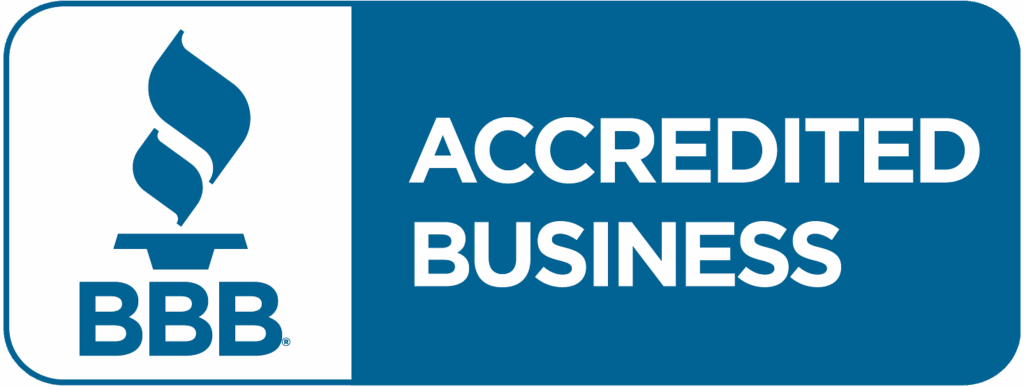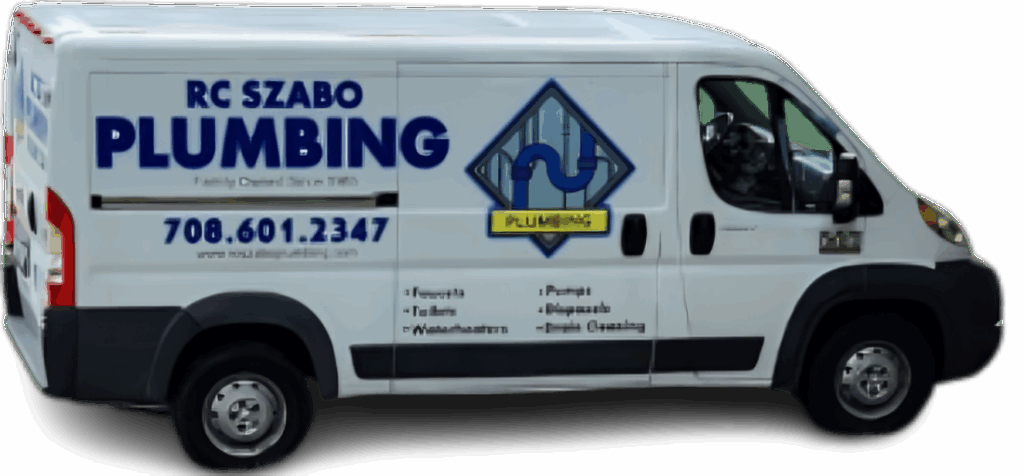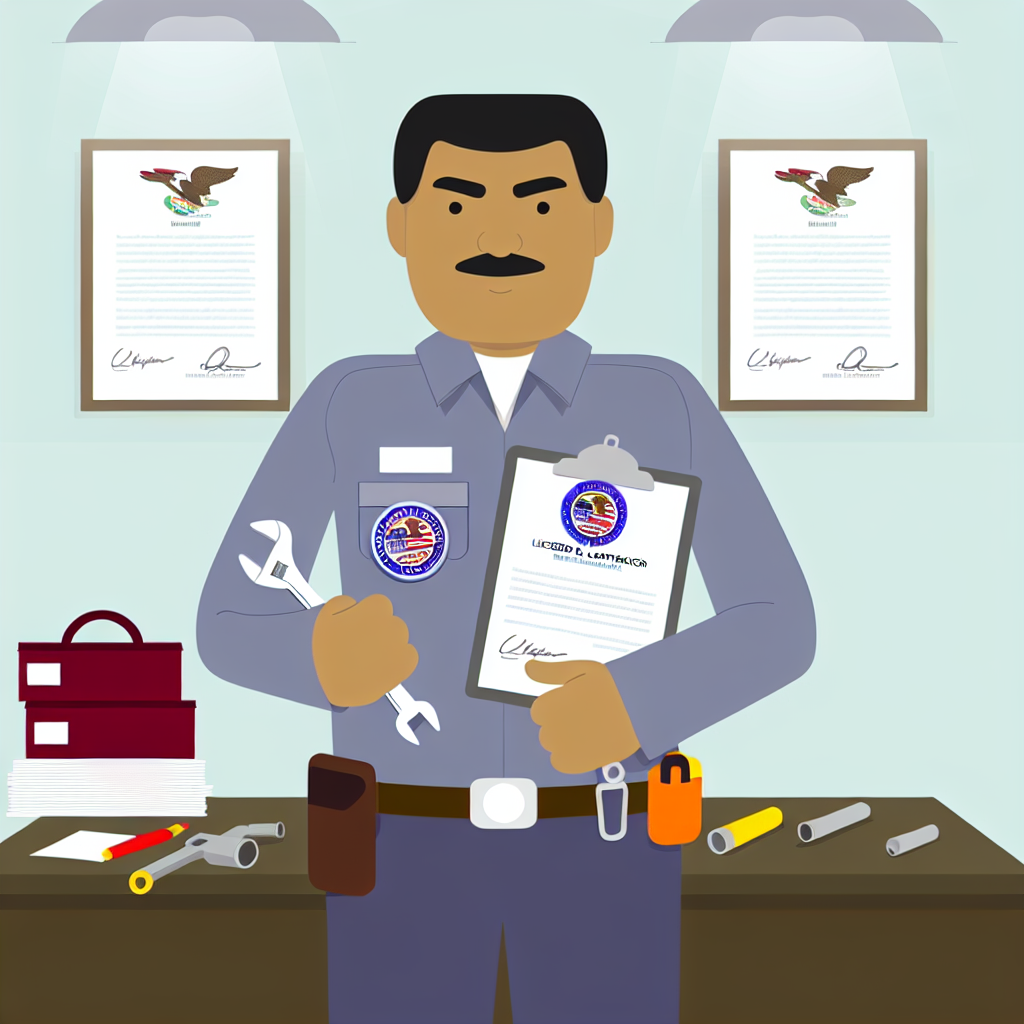Understanding Illinois Plumbing License Requirements
In the state of Illinois, becoming a licensed plumber isn’t just a career milestone—it’s a legal requirement that protects both the tradesperson and the public. For plumbing contractors, apprentices, and journeymen working across Illinois cities like Chicago, Springfield, or Peoria, understanding the plumbing licensure process is essential for staying compliant, avoiding costly penalties, and growing your business.
Table of Contents
- Understanding Plumbing Licenses in Illinois
- How to Get a Plumber’s License in Illinois
- Illinois Plumbing License Renewal and Continuing Education Requirements
- Penalties for Operating Without a Plumbing License in Illinois
- Why Is Licensing So Important?
- Plumbing License Requirements Checklist
- Helpful IDPH Resources
- Call to Action: Stay Licensed, Stay Legal
- Final Thoughts: Invest in Your Reputation
Understanding Plumbing Licenses in Illinois
In Illinois, plumbing is regulated by the Illinois Department of Public Health (IDPH). To legally perform plumbing work, individuals must be licensed through the IDPH. There are several types of plumbing licenses, each with specific qualifications and responsibilities.
Types of Plumbing Licenses in IL
1. Apprentice Plumber License
- Must work under a licensed plumber
- Cannot perform work independently
- Required to be enrolled in an approved apprenticeship training program
2. Licensed Plumber (formerly Journeyman)
- Must pass the Illinois plumber license exam
- Must complete at least 4 years of apprenticeship
3. Plumbing Contractor License
- Must employ at least one full-time licensed plumber
- Must register the business with IDPH
- Must obtain bonding and insurance as per state requirements
How to Get a Plumber’s License in Illinois
To earn any plumbing license in Illinois, you must apply through the IDPH and meet specific requirements, exams, and education milestones. Below is an overview of how to get a plumber’s license at each level.
Apprentice License Requirements
- Be at least 16 years old
- Submit a completed Apprentice Plumber License Application
- Provide evidence of enrollment in an approved apprenticeship program
- Pay an application fee (check latest fee here)
Licensed Plumber Exam Requirements
- Complete a 4-year plumbing apprenticeship under a licensed plumber
- Submit the application to sit for the IL Plumber Licensing Exam
- Complete 1,440 hours of on-the-job training annually (5,760 hours total)
- Submit letters of recommendation from employers or instructors
For upcoming exam schedules and sample forms, visit the IDPH Plumbing Programs page.
Plumbing Contractor Certification IL Requirements
- Hold a current Illinois plumber’s license
- Provide proof of business incorporation (if applicable)
- Provide proof of general liability insurance and a surety bond
- Pay the contractor application fee (subject to change annually)
- Obtain a Federal Employer Identification Number (FEIN)
Illinois Plumbing License Renewal and Continuing Education Requirements
Once you’re licensed, staying certified requires ongoing education and timely renewal of your license.
Renewal Deadlines
- Apprentices: Renewable annually; must show proof of ongoing apprenticeship
- Licensed Plumbers: Renew every 3 years
- Contractors: Renew every 3 years in tandem with business entity registration
Continuing Education for Plumbers IL
- Licensed Plumbers: Must complete 4 hours of approved CE annually (12 hours by each renewal cycle)
- Contractors: In addition to regular CE, must stay up to date on business practices and state requirements
Approved education providers are listed on the IDPH website. CE courses may be offered online, through unions, trade associations, or vocational schools.
Penalties for Operating Without a Plumbing License in Illinois
Operating without a valid Illinois plumbing license is illegal. Plumbers and contractors caught working without proper licensing may face:
- Fines of up to $10,000 per violation
- Immediate work stoppage and cease-and-desist orders
- Inability to obtain future licensing for a period set by IDPH
- Lawsuits from clients or civil penalties
- Reputation damage and exposure to liability
It’s always a smart business decision—and legal requirement—to make sure you’re properly licensed and covered through the IDPH.
Why Is Licensing So Important?
Licensing isn’t just about paperwork—it directly impacts the quality, legality, and safety of plumbing work done across Illinois communities.
For Homeowners:
- Assurance that codes and safety regulations are followed
- Legal recourse if work is substandard
- Reduction of risks such as water contamination or gas leaks
For Contractors:
- Build trust with your client base
- Legally operate and advertise your services
- Become eligible for larger municipal or government jobs
- Command higher wages with your experience and credentials
Following IDPH plumber rules and maintaining your certification also protects you from lawsuits and liability exposure. Only licensed plumbers have the legal protections offered by the state regulatory framework.
Plumbing License Requirements Checklist (Quick Reference)
Here’s a summary of requirements to obtain and maintain each level of plumbing license in Illinois:
Apprentice Plumber
- ✅ Must be 16+ years old
- ✅ Enrolled in apprenticeship program
- ✅ Apply via IDPH form
- ✅ Renew annually and keep training active
Licensed Plumber
- ✅ Complete minimum 4-year apprenticeship
- ✅ 5,760 documented hours of on-the-job training
- ✅ Pass IDPH plumber exam (written + practical)
- ✅ Renew every 3 years
- ✅ Complete 12 hours of CE per renewal cycle
Plumbing Contractor
- ✅ Hold valid Illinois plumber license
- ✅ G/L Insurance and bond required
- ✅ Business incorporation (if applicable)
- ✅ Comply with FEIN, tax, and business rules
- ✅ Renew every 3 years with updated CE if applicable
Helpful IDPH Resources
Stay informed directly from the source. Here are a few essential IDPH web resources for plumbing professionals:
Call to Action: Stay Licensed, Stay Legal
Are you unsure if your education requirements are complete? Need help navigating the application process or renewal? Don’t wait until you’re out of compliance.
- Connect with your local plumbing union
- Reach out to a business mentor through SCORE or your local Small Business Association
- Contact a trusted trade association like the Illinois Association of Plumbing-Heating-Cooling Contractors (IL-PHCC)
- Speak with the IDPH directly to check your status
A lapse in your license could cost you future work and your professional reputation. Stay licensed and stay proactive.
Final Thoughts: Invest in Your Reputation
In the growing Illinois construction and home improvement market, trust matters. Don’t risk your hard-earned career or the safety of your customers by trying to cut corners with state requirements. Licensing isn’t a burden—it’s your badge of quality.
Whether you’re an apprentice just starting out, or a full-time contractor managing multiple jobsites, staying informed on the latest licensing requirements and IDPH plumber rules is the best way to keep your business thriving.
Let your license work for you. It proves you’re not only qualified—but professional.
Stay licensed. Stay trusted. Grow your reputation the right way.
If you need assistance, contact us at (555) 123-4567
Follow us on Facebook | Twitter | Instagram: @IllinoisPlumbersPro




